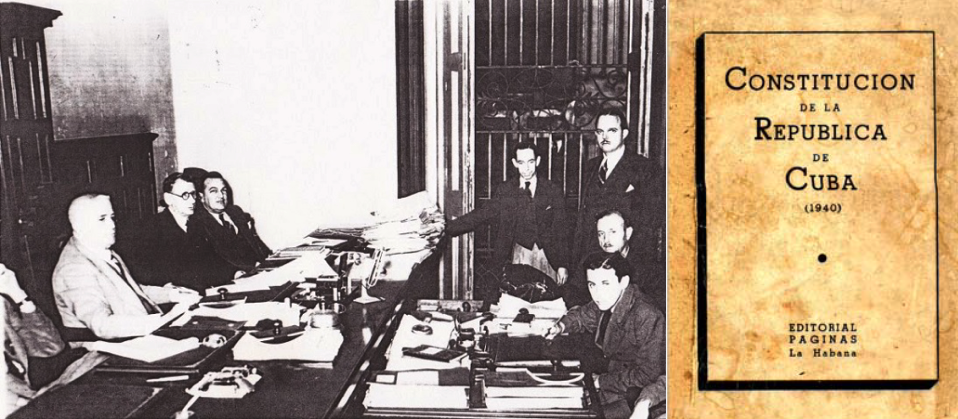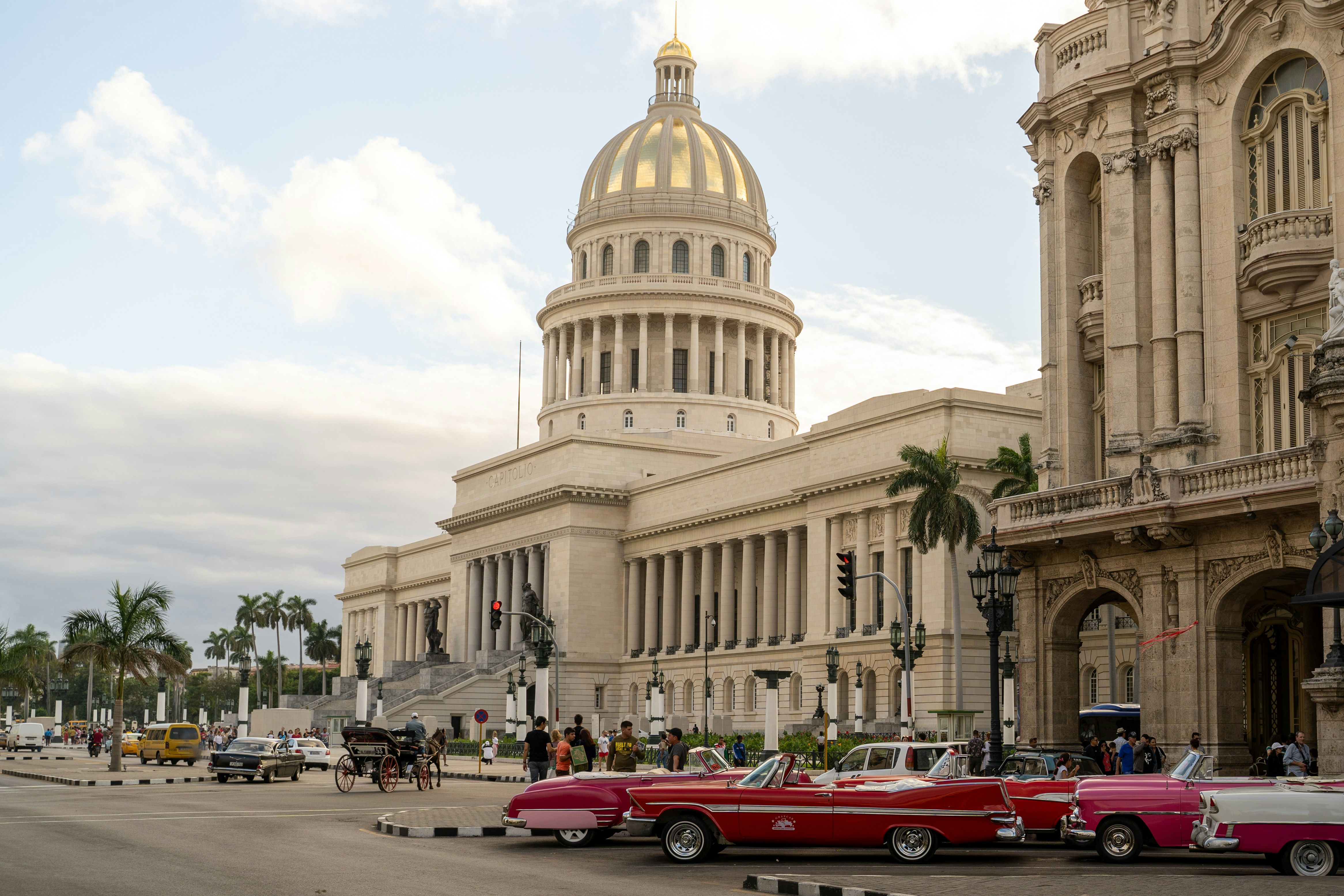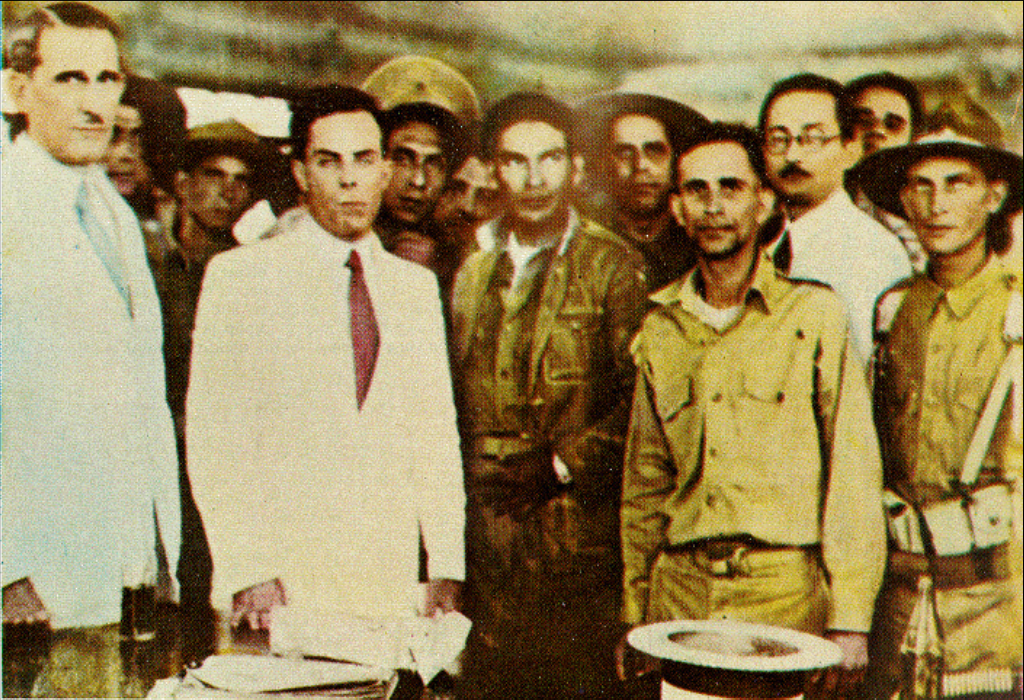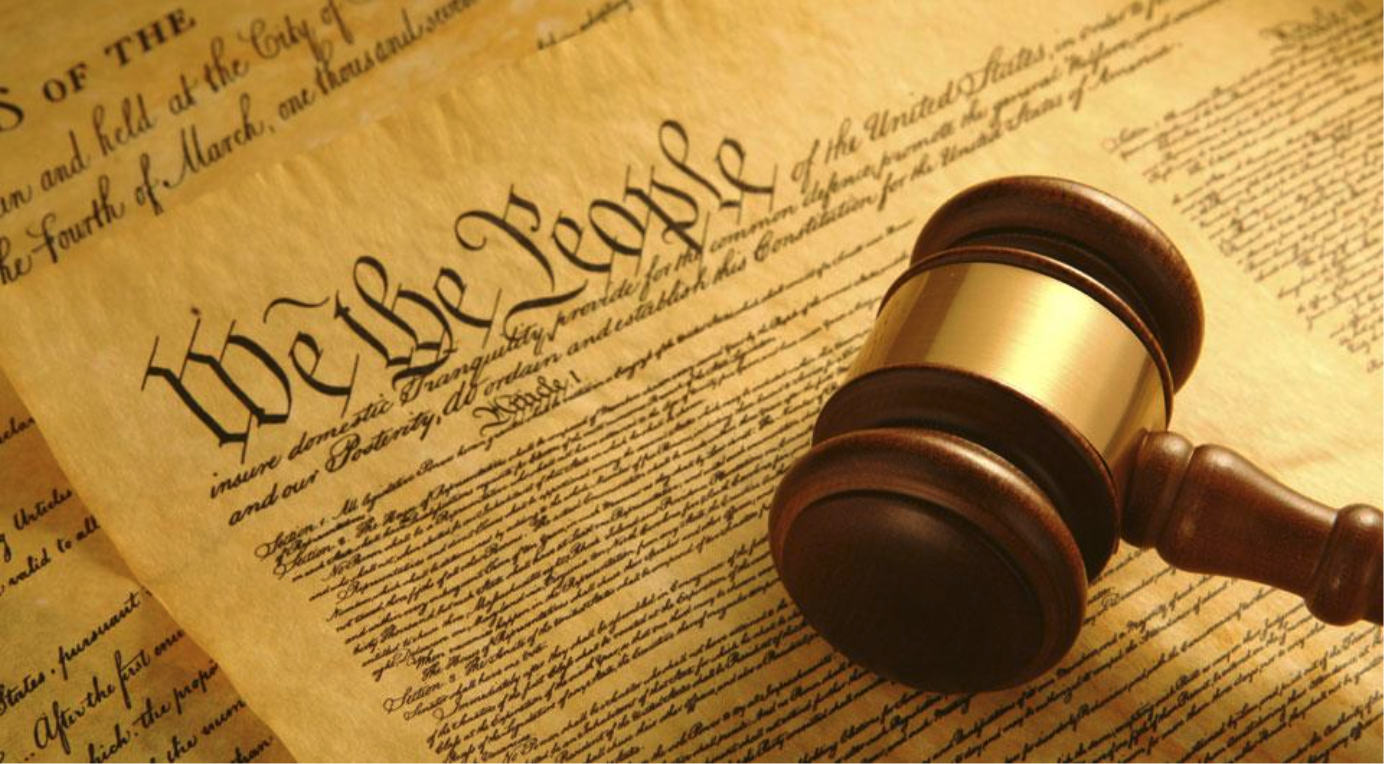In a country battered by authoritarianism, exile, and existential crisis, the Cuban Constitution of 1940 stands like a ghost at the gates of memory — brilliant, unfinished, and buried beneath decades of silence and political manipulation. Once hailed as one of the most progressive constitutions in the Americas, this document has become a symbol both of hope and of contention.
But here is the central question that no one dares to ask aloud:
Should the Constitution of 1940 be resurrected as a democratic choice for a future Cuba… or imposed as a divine script from the past?
This isn’t just a legal debate. This is a moral one. A question of legacy versus liberty. Of honoring the past without chaining the future.

Let’s first understand what we’re dealing with. The Constitution of 1940 wasn’t just a document. It was a rebellion against tyranny, corruption, and the colonial hangover. Crafted by a spectrum of ideologies — from liberals to socialists — it guaranteed:
🗳 Universal Suffrage
⚖️ Independent Judiciary
🧑🏭 Workers' Rights
🏠 Private Property with Social Function
🔥 Anti-Dictatorship Safeguards
In essence, it imagined a Cuba where dignity and freedom weren’t abstract — they were enforceable rights.
But its brilliance was short-lived. The coup of 1952 by Fulgencio Batista shredded it like confetti. And by the time Fidel Castro seized power, the 1940 Constitution became a propaganda tool — praised in speeches, buried in practice.

In today’s exile community and among dissidents, the 1940 Constitution has taken on a sacred aura. To some, it is the only legitimate legal framework for a post-Castro Cuba. A kind of moral compass frozen in amber — pristine, untouchable, unquestionable.
But therein lies the danger.
By turning the 1940 Constitution into an untouchable relic, we risk repeating the very authoritarianism it tried to prevent. Cuba doesn’t need another imposed blueprint — no matter how noble. What it needs is the right to choose.
Democracy is not about mandates from the past. It is about choices in the present. To present the 1940 Constitution as the only option is to betray its very spirit.

When Cuba finally opens its eyes — truly opens them — it must not wake up to a pre-written script. It must wake up to a conversation.
The 1940 Constitution should be on the table. Prominently. Proudly. But alongside others. Let the Cuban people study it, debate it, amend it, reject it — if they choose.
To force it is to echo Batista’s coup with a velvet glove. To offer it is to honor the democratic dream that birthed it.

The revolution Cuba needs is not just political. It is intellectual. It is a revolution of participation, deliberation, and rebirth. And that means creating a civic culture where the people are not passive recipients of pre-determined futures, but active authors of their destiny.
This is the true measure of respect: to trust the people with the power to decide.

Let the Constitution of 1940 be what it was meant to be — a compass, not a cage. A point of inspiration, not a leash. The blueprint of a possible Cuba, not the only Cuba.
We cannot reclaim our nation by replacing one imposed reality with another. We must reclaim it by choosing. By voting. By debating. By dreaming aloud.
In the end, democracy is not in a piece of paper — it’s in the pulse of a people who finally dare to speak.
The lecture ends here. The conversation begins now. What kind of Cuba do you want? And more importantly… will you fight for the right to choose it?

